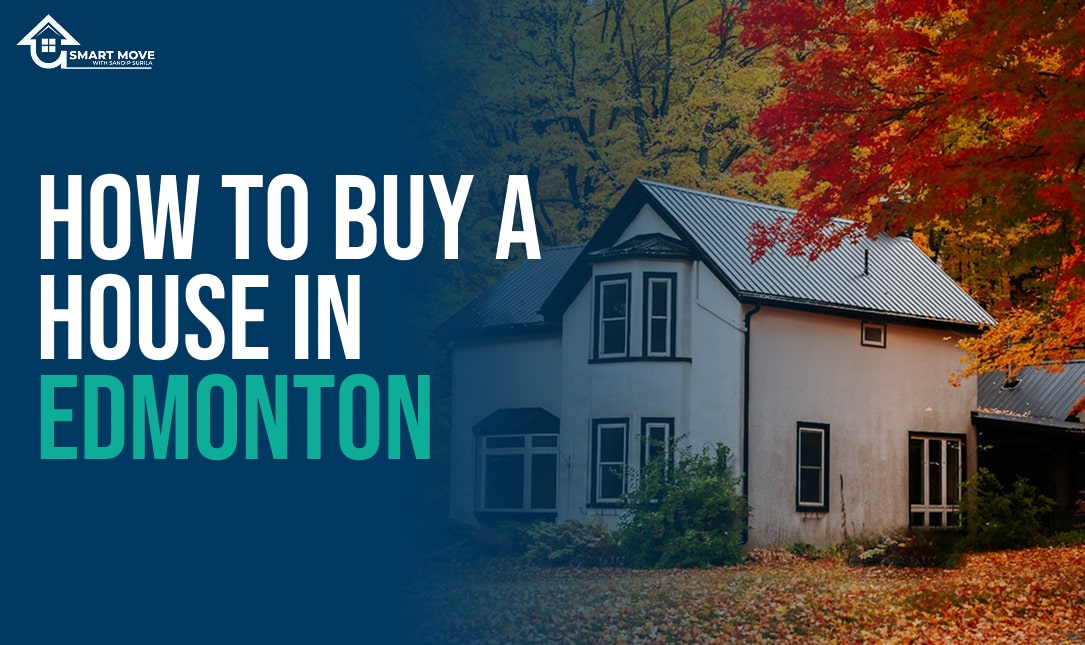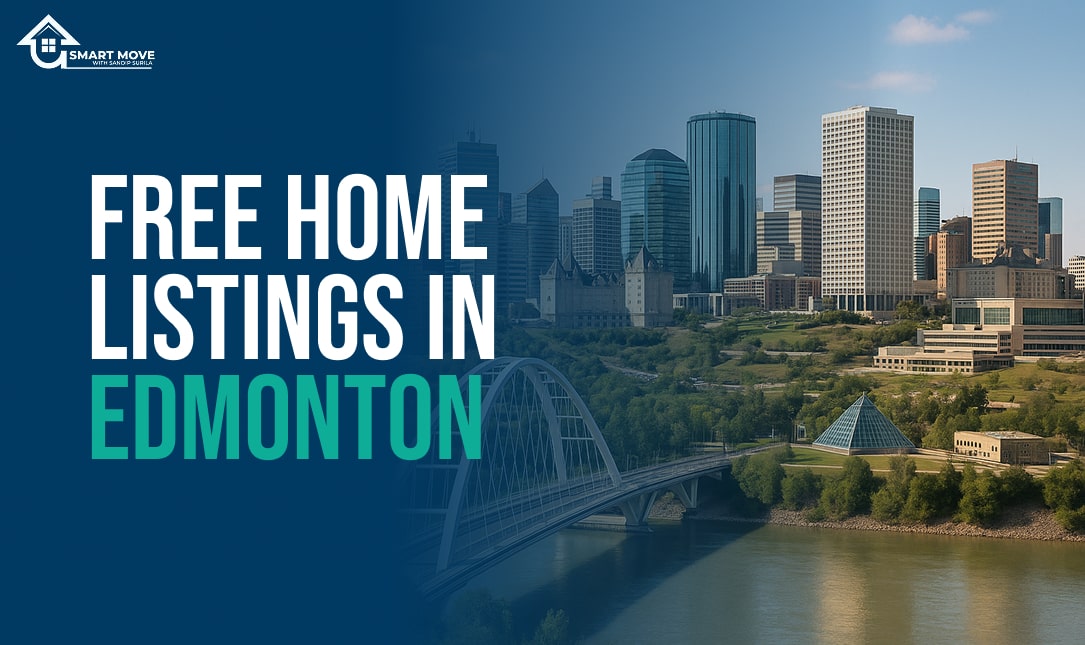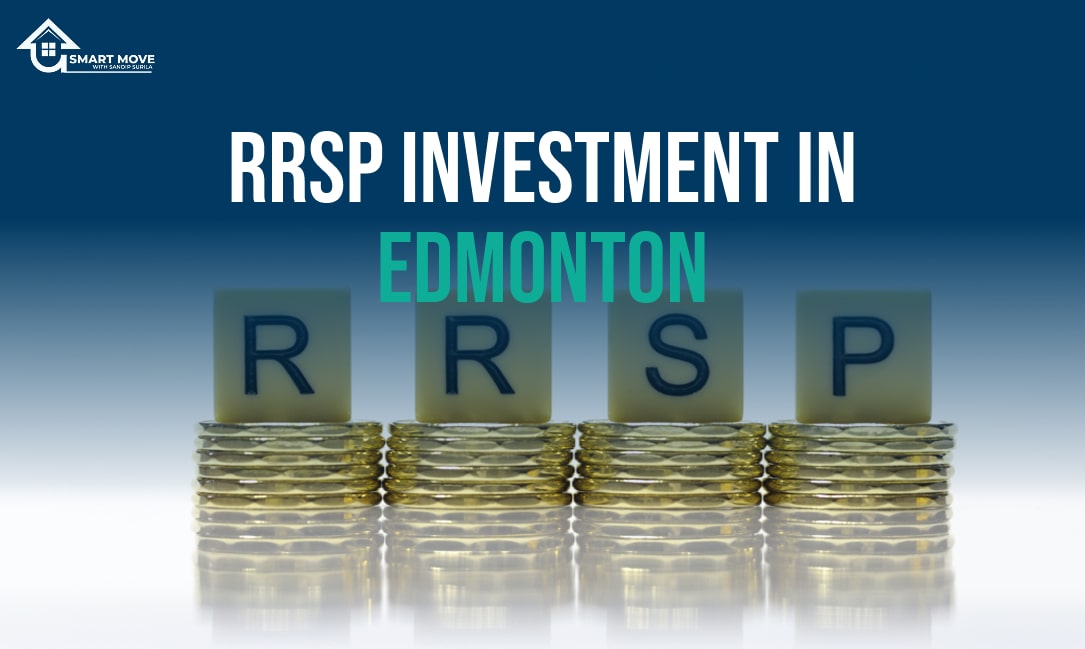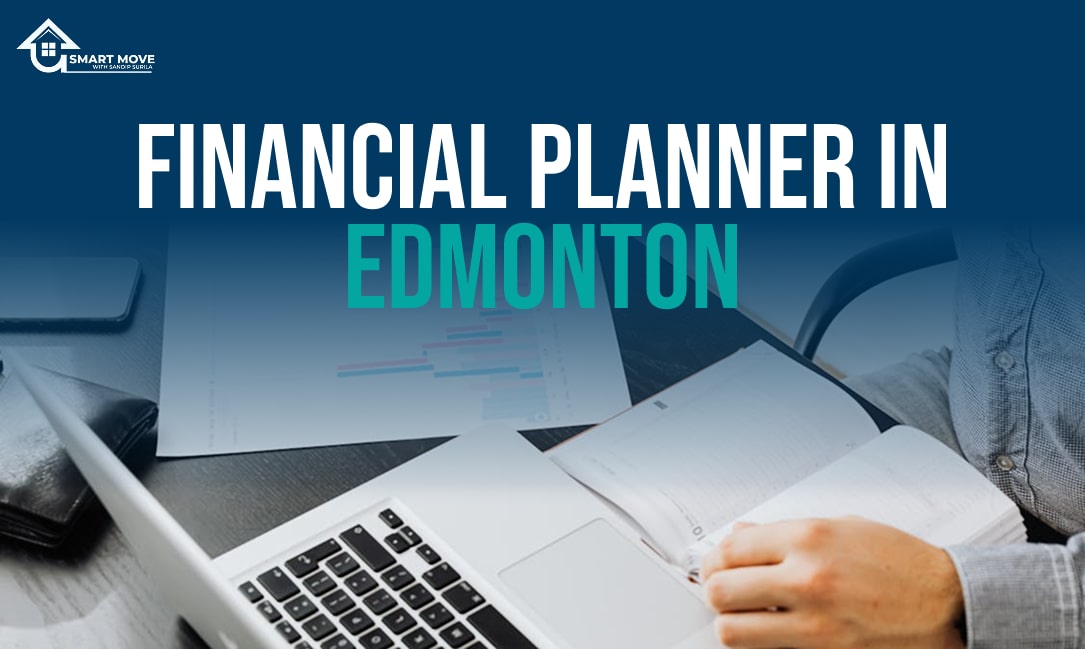How to Buy a House in Edmonton – Real Estate Buyer’s Guide
Introduction
Buying a house is one of the most exciting yet significant financial decisions you will ever make. Whether you’re a first-time buyer, relocating for work, or upgrading to a larger home, Edmonton’s real estate market has plenty of opportunities. But with so many factors to consider — neighbourhoods, financing, inspections, legal processes — it’s easy to feel overwhelmed.
This comprehensive guide will walk you through the entire home buying process in Edmonton, providing clear steps, expert insights, and local market knowledge. By the end, you’ll know exactly what to expect and how to confidently buy your dream home in Edmonton.
📌 Table of Contents
- Understanding the Edmonton Real Estate Market
- Get Your Finances in Order
- Choosing the Right Neighbourhood in Edmonton
- Start House Hunting
- Making an Offer
- Home Inspection & Due Diligence
- Securing Financing & Final Approval
- Closing the Deal
- Life After Buying Your Home
- FAQs – Buying a House in Edmonton
- Conclusion
Understanding the Edmonton Real Estate Market
Before diving into the buying process, it’s important to understand the local housing market.
Edmonton Housing Trends
- Affordable Compared to Other Cities: Edmonton is often considered more affordable than Vancouver, Toronto, or Calgary, making it attractive to first-time buyers.
- Variety of Property Types: From downtown condos to family-friendly detached homes in suburbs like MacEwan, Windermere, and Terwillegar, Edmonton offers diverse options.
- Neighbourhood Lifestyles: River Valley views, proximity to LRT stations, or suburban quiet — each community offers unique perks.
Market Insights
- Average Home Prices: Detached homes tend to range from $400,000–$600,000, while condos are generally more budget-friendly.
- Market Cycles: Edmonton’s market can fluctuate depending on oil and gas industry performance and seasonal trends.
- Competition Levels: Some neighbourhoods may experience bidding wars, while others allow more negotiation.
Pro Tip: Always work with a local real estate agent who can provide real-time data and help you identify the best neighbourhood for your lifestyle and budget.
Get Your Finances in Order
Financing is one of the most critical steps in buying a home. Without preparation, you may miss out on your dream property.
Mortgage Pre-Approval
- Why It Matters: Sellers take you seriously when you’re pre-approved.
- What You’ll Need: Proof of income, employment records, credit history, and debts.
- How It Helps: Gives you a clear price range and speeds up the buying process.
Down Payment & Closing Costs
- Down Payment: Minimum 5% of the purchase price in Canada. For homes over $500,000, the requirement increases.
- Closing Costs: Include lawyer fees, land transfer tax (in Alberta, this is lower compared to other provinces), title insurance, and inspections.
Budgeting Beyond the Mortgage
- Monthly property taxes
- Utility costs
- Home insurance
- Potential condo fees (if applicable)
Choosing the Right Neighbourhood in Edmonton
Your neighbourhood will impact your lifestyle as much as your home itself. Edmonton is full of vibrant communities.
Popular Neighbourhoods
- Downtown & Oliver: Perfect for professionals who want to live close to work, nightlife, and amenities.
- MacEwan & Heritage Valley: Family-oriented with schools, parks, and playgrounds nearby.
- Windermere: Modern, upscale community with shopping centres and golf courses.
- Mill Woods: Affordable homes with strong community vibes.
- Terwillegar & Riverbend: Known for family-friendly living and beautiful green spaces.
Factors to Consider
- Commute times to work
- School district ratings
- Access to public transport (LRT & bus routes)
- Proximity to shopping centres, healthcare, and recreation
Start House Hunting
Now comes the exciting part: finding your future home!
Working with a Real Estate Agent
A licensed Edmonton real estate agent can:
- Provide access to MLS listings
- Arrange showings that fit your schedule
- Negotiate on your behalf
- Spot potential red flags in homes
Online Listings & Open Houses
- MLS Edmonton: The most reliable database for up-to-date listings.
- Realtor.ca: A great tool for browsing homes across Edmonton.
- Open Houses: Perfect for experiencing the home’s feel before making a decision.
Creating a Must-Have List
- Number of bedrooms & bathrooms
- Garage size
- Yard space
- Renovated vs. fixer-upper
- Energy efficiency and heating system
Making an Offer
When you find the right home, it’s time to make an offer.
Steps to Making an Offer
- Review Comparable Sales: Your agent will check similar homes sold recently in the area.
- Decide on Offer Price: Based on market conditions and your budget.
- Include Conditions: Financing approval, home inspection, and condo document review (if applicable).
- Offer Submission: Your agent presents your offer to the seller’s agent.
Negotiation Strategies
- Be flexible but realistic
- Consider seller motivations (quick possession, higher price, etc.)
- Counteroffers are common — stay calm and focused
Home Inspection & Due Diligence
Never skip this step — inspections protect your investment.
Why Home Inspections Matter
- Identify hidden issues (roof, foundation, plumbing, electrical)
- Ensure safety compliance
- Provide peace of mind before finalising the purchase
Other Due Diligence
- Reviewing condo documents if buying a condo
- Checking zoning and property boundaries
- Verifying utility costs
Securing Financing & Final Approval
Once your offer is accepted, the lender will finalise your mortgage.
Mortgage Types in Canada
- Fixed-Rate Mortgage: Stable payments throughout the term
- Variable-Rate Mortgage: Can fluctuate with interest rates
- Open vs. Closed Mortgages: Flexibility in prepayments vs. lower rates
Final Approval Process
- Lender reviews the property appraisal
- Confirms your financial stability
- Issues mortgage commitment letter
Closing the Deal
The final step is closing — when the home officially becomes yours.
Closing Costs Breakdown
- Legal fees
- Title transfer
- Property insurance
- Adjustments (prepaid taxes or utilities)
Possession Day
- Keys are handed over
- Final walkthrough (ensure everything is in agreed condition)
- Move-in and start your new journey
Life After Buying Your Home
Owning a home comes with ongoing responsibilities.
Essential Tasks
- Setting up utilities (gas, electricity, water)
- Updating your address for bills, banks, and government services
- Scheduling regular maintenance (furnace, roof, lawn care)
Building Equity
- Consider extra mortgage payments to reduce interest
- Renovations that increase value (kitchen, bathrooms, landscaping)
FAQs – Buying a House in Edmonton
Q1: What is the minimum down payment to buy a house in Edmonton?
A: The minimum is 5% of the purchase price for homes under $500,000. For homes above this, the percentage increases.
Q2: Do I need a real estate agent to buy a home in Edmonton?
A: While not required, an agent provides expert guidance, negotiation skills, and access to exclusive listings.
Q3: How long does it take to buy a house in Edmonton?
A: On average, 30–60 days from accepted offer to possession, depending on financing and conditions.
Q4: Are property taxes high in Edmonton?
A: Edmonton’s property taxes are moderate compared to other Canadian cities and depend on property value and neighbourhood.
Q5: Can I buy a house in Edmonton as a non-resident?
A: Yes, non-residents can purchase property in Alberta, but financing requirements may differ.
Conclusion – Buy Your Edmonton Home with Confidence
Buying a house in Edmonton doesn’t have to be complicated. By understanding the process, preparing financially, and working with a trusted local agent, you can confidently find a home that suits your needs and lifestyle.
If you’re ready to start your home buying journey in Edmonton, I’m here to guide you every step of the way — from the first showing to handing over the keys.
📞 Contact Sandip Surila today to begin your Edmonton home search with expert local knowledge and personalised service.







